
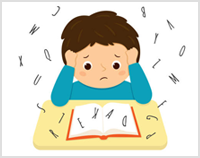
A unique learning issue that impairs a person's ability to comprehend numbers and memorise math knowledge.
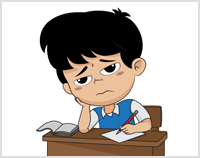
Specific learning disability that affects
a personnel handwriting ability and fine Motor skills.
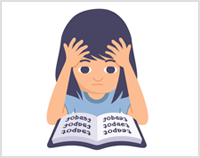
A unique impairment that impacts
reading and associated language-based auditory processing.
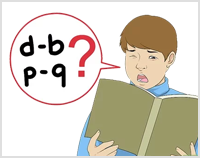
Has difficulty recognising nonverbal
signs such as facial expressions and body movement, and may lack coordination.

Problems with physical abilities that involve hand-eye coordination, such as holding a pencil or buttoning a blouse, may indicate that a kid has a motor coordination deficit.
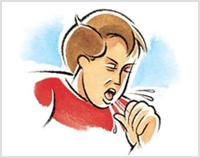
Problems with verbal language abilities, such as the capacity to recount a narrative, speech fluency, and the ability to grasp the meaning of words, are all signs of a language-based learning impairment.
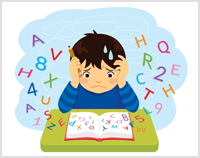
Learning difficulties can have an impact on an individual's understanding of what they read for spoken language
as well as their ability to express themselves verbally.
Children with learning disorders often need more assistance and training which can be specialised for them. schools typically do their personal testing for learning disorders to see if a child needs intervention. An assessment through a healthcare professional is needed if there are different issues about the child’s conduct or feelings.
It's not always clear what to do and where to look for support when it comes to learning difficulties. Take the initiative in researching your alternatives since you know your child better than anyone else: